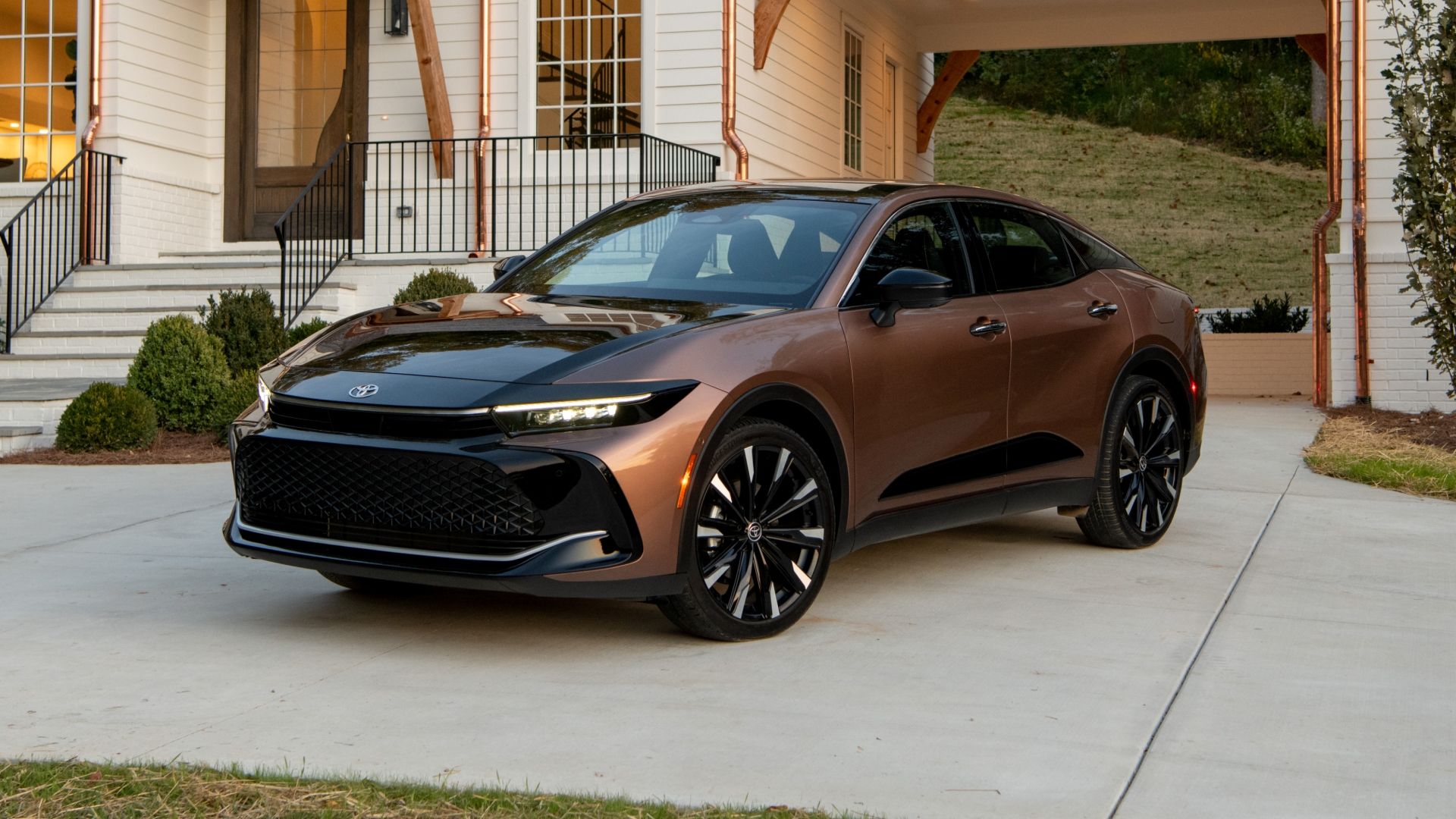Aixuze Insights
Explore the latest trends and insights on diverse topics.
Hybrid Cars: The Love Child of Gas and Electric
Discover why hybrid cars are the ultimate blend of gas and electric power, offering eco-friendliness without compromising performance!
How Hybrid Cars Work: Understanding the Gas and Electric Synergy
Hybrid cars operate by combining two different power sources, typically a gasoline engine and an electric motor, to maximize fuel efficiency and reduce emissions. The synergy between these two systems allows for several different driving modes. In many hybrid models, the gas engine and electric motor work together seamlessly, with the electric motor providing additional power during acceleration while the gas engine takes over for longer highway drives. This means that drivers can enjoy the benefits of both worlds: the convenience of traditional fuel and the eco-friendliness of electric energy.
The system's management is achieved through a complex computer algorithm that monitors various factors, including speed, power demand, and battery charge. When the vehicle starts, it often runs on electricity alone, conserving fuel and minimizing emissions. As the battery depletes or the demand for power increases, the gas engine kicks in to supply additional energy. Furthermore, regenerative braking recaptures energy during braking, which is then used to recharge the battery. This dynamic relationship between the gas and electric components is what makes hybrid vehicles both efficient and environmentally friendly.

Top Benefits of Driving a Hybrid Car: Fuel Efficiency and Environmental Impact
One of the most significant benefits of driving a hybrid car is its exceptional fuel efficiency. Hybrid vehicles combine a traditional internal combustion engine with an electric motor, allowing them to utilize less fuel compared to conventional gasoline-powered cars. According to various studies, hybrids can achieve mileage rates of up to 50 miles per gallon or more, making them an excellent choice for drivers looking to save money at the pump. Furthermore, the regenerative braking system in these cars helps recharge the battery while decelerating, further enhancing their efficiency and reducing the need for frequent stops at the fuel station.
Aside from economic benefits, hybrid cars also contribute positively to the environment, making a noticeable environmental impact. By producing fewer emissions than standard vehicles, hybrids help decrease air pollution and reduce our carbon footprint. As society continues to grapple with climate change, adopting hybrid technology is a proactive step toward a more sustainable future. With lower greenhouse gas emissions, hybrid cars are not only great for your wallet but also for the planet, promoting a cleaner and healthier environment for generations to come.
Are Hybrid Cars the Future? Debunking Myths and Exploring Innovations
The rise of hybrid cars has sparked a significant debate about their role in the future of transportation. One common myth is that hybrid vehicles are not as powerful or efficient as their gasoline counterparts. However, advancements in hybrid technology have debunked this notion. Today’s hybrids are equipped with powerful electric motors that can boost performance while reducing fuel consumption. As automakers continue to innovate, many hybrids now offer impressive acceleration and range, making them a viable option for both city driving and long-distance travel.
Moreover, the environmental impact of hybrid cars is often misunderstood. Some critics argue that the production of hybrid batteries is harmful to the environment. While it is true that lithium-ion battery manufacturing has its challenges, innovations are underway to improve battery recycling and reduce the overall carbon footprint. Many experts predict that as technologies evolve, hybrid cars will play a crucial role in reducing greenhouse gas emissions and dependency on fossil fuels, positioning them as a key component in the transition to sustainable transportation.